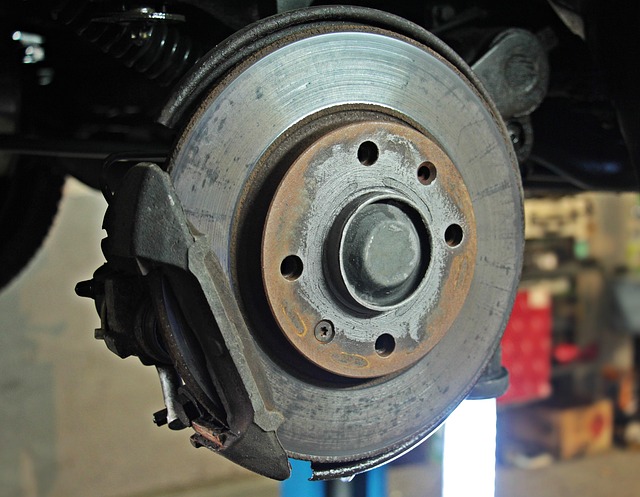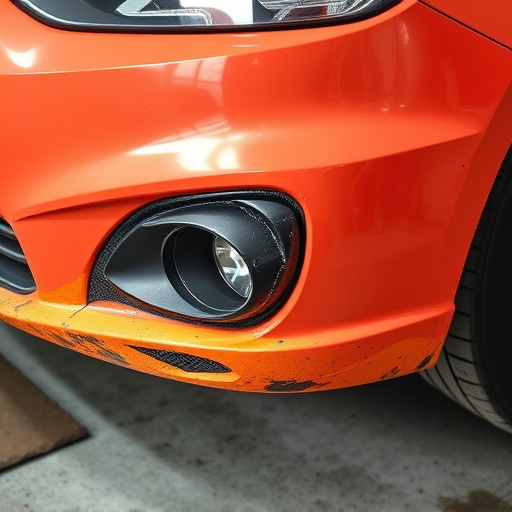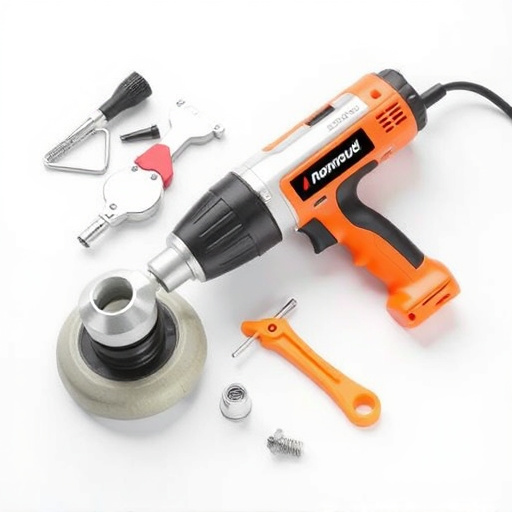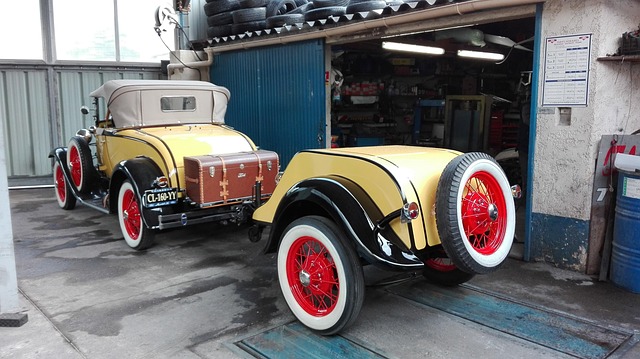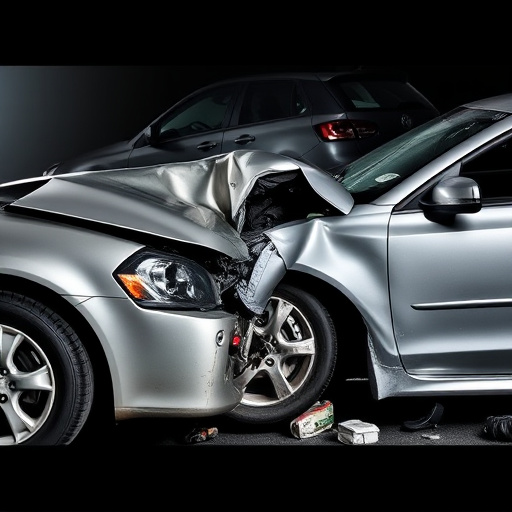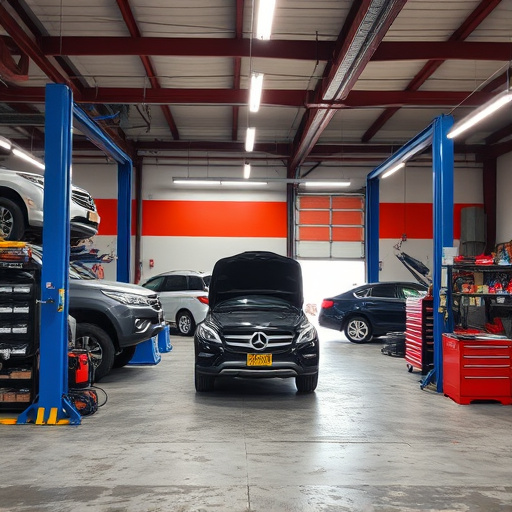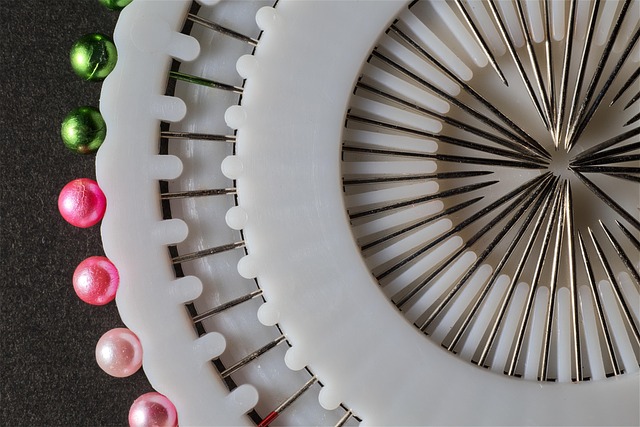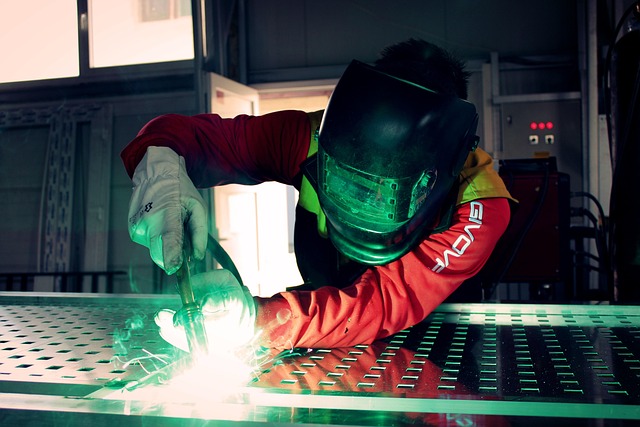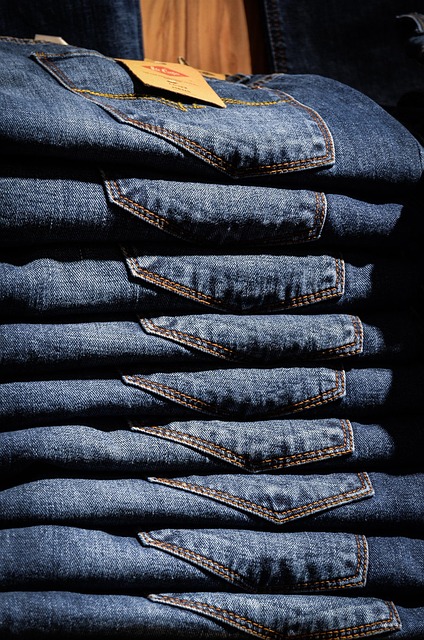Unbody frame damage, often unseen but critical, is a common outcome of car accidents. Weather conditions accelerate corrosion, weakening structural components over time. Regular inspections and prompt unibody frame repair, using OEM parts and advanced tools, are vital for maintaining safety and vehicle integrity, protecting against future costs.
Weather plays a subtle but significant role in long-term unibody frame repair needs, often going unnoticed until structural damage becomes evident. This article delves into how varying weather conditions contribute to unbody frame damage over time, focusing on corrosion and weaknesses that may go unchecked. We explore the long-term implications and provide effective strategies for ensuring lasting structural integrity through optimal unibody frame repair techniques, emphasizing the importance of proactive measures in a competitive automotive industry.
- Unibody Frame Damage: Weather's Hidden Culpability
- Long-Term Effects: Corrosion and Weaknesses Revealed
- Effective Repairs: Strategies for Lasting Structural Integrity
Unibody Frame Damage: Weather's Hidden Culpability
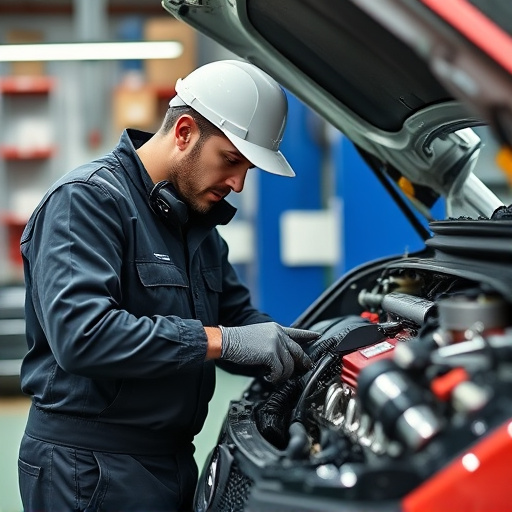
Unbody frame damage often goes unnoticed, yet it’s one of the most significant outcomes of vehicular accidents. Unlike visible dents and scratches, which can be easily repaired through collision damage repair or dent repair, unibody frame issues are more intricate. These subtle yet critical damages occur within the vehicle’s structural framework, commonly known as the unibody.
The unibody is a revolutionary design element in modern cars, offering improved safety by distributing crash forces evenly throughout the vehicle. However, weather conditions play a hidden role in compromising this integrity. Corrosion, induced by prolonged exposure to moisture and varying temperatures, weakens the metal bonds within the unibody. Even seemingly minor fender benders can exacerbate these weaknesses, leading to more complex and costly unbody frame repair needs over time.
Long-Term Effects: Corrosion and Weaknesses Revealed
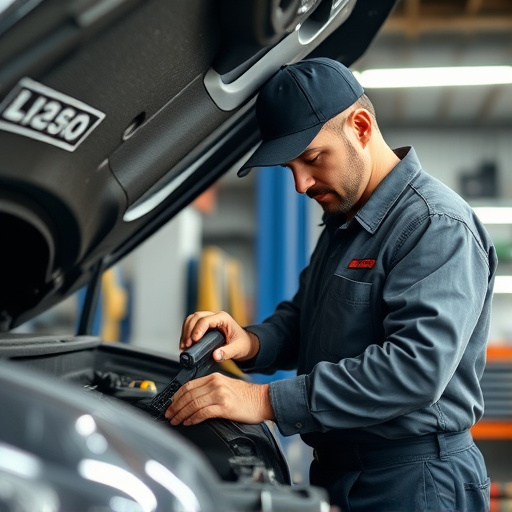
Over time, weather conditions can significantly impact a vehicle’s structural integrity, leading to potential long-term effects that may require unibody frame repair. Exposure to harsh elements like salt water, extreme temperatures, and constant humidity can accelerate corrosion, especially in regions with high coastal exposure or humid climates. This gradual deterioration can weaken critical components of the unibody, which is a crucial part of modern car body construction, known for its strength and rigidity.
Corrosion may manifest as rust spots, particularly in areas prone to moisture buildup or where paint protection is compromised. These weak points can eventually lead to structural failures if left unattended. Fortunately, many auto collision centers offer advanced services such as paintless dent repair to address cosmetic issues caused by weather-related damage without compromising the car’s structural integrity. Regular inspections and prompt repairs at a reputable car body repair shop are essential to mitigate these long-term effects and ensure the safety and reliability of the vehicle’s unibody frame.
Effective Repairs: Strategies for Lasting Structural Integrity
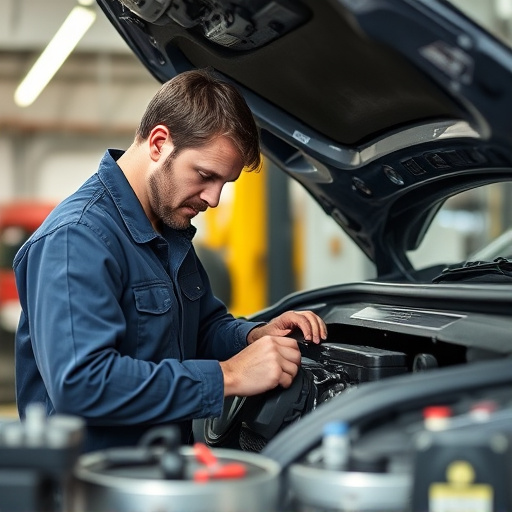
Effective unibody frame repair is paramount for maintaining the structural integrity and safety of a vehicle, especially after weather-related damage. Strategies for lasting repairs involve several key steps. First, thorough inspection identifies hidden issues that might have been exacerbated by exposure to elements like extreme temperatures, moisture, or corrosive substances. Auto repair services specializing in unibody frame repair employ advanced diagnostic tools to ensure every component is addressed.
Second, skilled technicians use precise techniques tailored to the vehicle’s make and model, such as laser alignment and computer-aided measurement systems, to restore the original dimensions and strength of the frame. Quality parts, often OEM (original equipment manufacturer) or certified substitutes, are utilized to replace damaged sections, enhancing both performance and longevity. Finally, a protective coating may be applied to shield against future weather-related corrosion, ensuring the structural soundness of the vehicle for years to come, regardless of whether it’s a Mercedes-Benz repair or any other make.
Weather plays a significant role in the long-term structural integrity of vehicles, particularly those with unibody frames. By understanding how environmental factors contribute to corrosion and weaknesses, vehicle owners can implement effective repair strategies to ensure lasting durability. Regular maintenance and prompt addressing of weather-related damage are key to preserving the structural soundness of unibody frames, ultimately enhancing safety and resale value. For optimal unibody frame repair, professionals recommend a multi-step approach that combines advanced techniques with high-quality materials to restore and strengthen these critical components.


